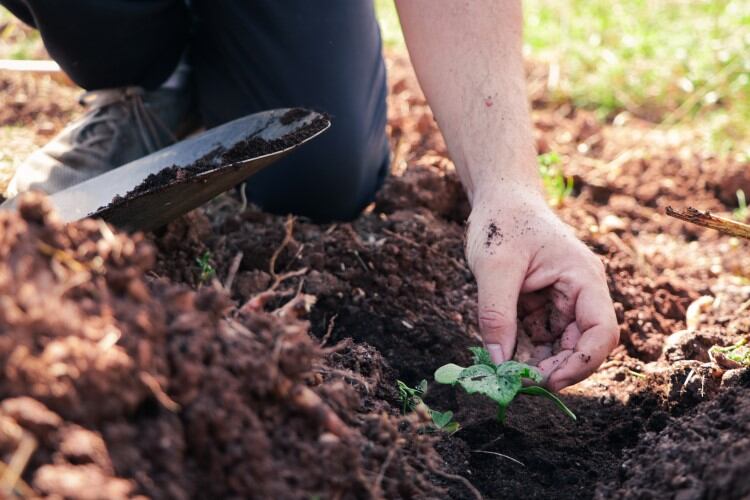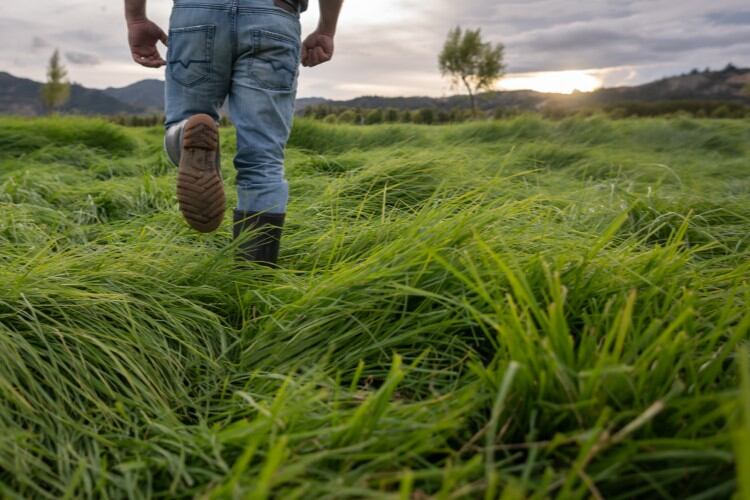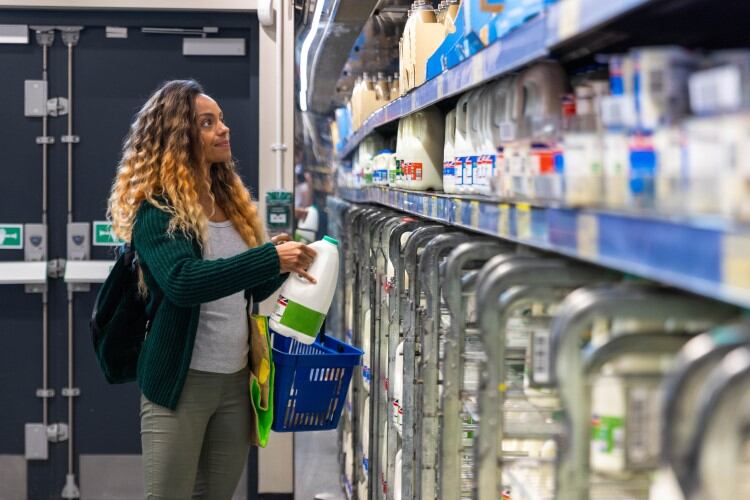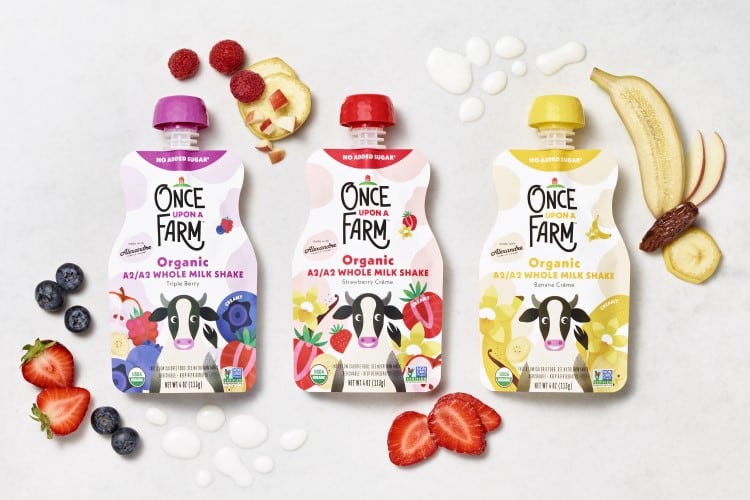The Soil & Climate Health Initiative Verified label will debut on PACHA bread loaves and Root Chips potato chip products nationwide before more products sporting the label hit grocery stores over the next 12 months.

Work to develop the program started in 2018 when a group of 150 farmers, soil scientists, food companies and suppliers came together to address how a market-based program that supports farmers both agronomically and economically in building soil health, increasing biodiversity, improving water quality can be set up.
While the label isn’t the first of its kind of the market – FoodPrint found at least two third-party certified regenerative label in US supermarkets in 2022 – SCI, a project of NPO Green America, says certification is only granted after an independent verification process is completed; this process is based on positive soil outcomes, among other factors.
“We first launched our pilots at Natural Products Expo West in 2022, and since then, we have been continuously evolving our program in collaboration with our farm and company networks,” Adam Kotin, MD of SCI, told us. “Our program is a direct reflection of our collective learning process with the farmers, ingredient suppliers, food companies, and various partners, all of whom are committed to developing a regenerative food system, not one that is extractive and degrading our natural resources.”
He continued: “Our standard is based on an outcomes-based approach because enforcing practices can be restrictive for farmers depending on their farm context and capacities. With that said, practices - e.g., cover cropping, crop rotations, reduced tillage - are important indicators of regenerative management, so we also provide practice-based guidance and verification as part of our technical support to farmers.”
Asked what the verification process entails, Kotin said that farms need to demonstrate that they have completed baseline soil tests, developed a three-year farm plan, and provided evidence of implementation of sufficient regenerative practices to meet the minimum requirements for the SCI commitment and verification standard. “Once they enter the program, farmers commit to ongoing learning and expanding their regenerative practices over time,” he added.
“As a non-profit, our goal is to make the program as accessible as possible. For brands, the timeframe and costs vary because our program accommodates their unique strategic priorities and learning goals.”
The costs of verifying a product would depend on the types of claims food companies seek to make, such as those related to ingredient traceability. Participant fees are based on the annual gross revenue of the brand and third-party verification costs depend on the number and complexity of the products enrolled in the program, DairyReporter understands.
“All brands financially commit to supporting farmers who are transitioning to regenerative management, and many calculate their products’ ‘acre footprint’ to understand and reduce their land use impact,” Kotin added. “We also encourage brands and growers to learn from each other, and in doing so, also communicate their regenerative journey to consumers.”
The program is open to all farmers in all production systems, we were told. “The Soil & Climate Initiative was specifically designed to incentivize a wide range of producers, whether they be beginners or advanced in their regenerative management experience,” Kotin explained.
“Our goal is to scale the number of acres under regenerative management, so we welcome farmers who are new to regenerative farming and support their transition so they can gradually expand regenerative management across their entire farm, and eventually serve as mentors to other beginning farmers.”
“Once producers are implementing a sufficient range of regenerative practices on their acres, they can be third-party verified and earn the use of the label and verification to access new regenerative markets for their products.”
As for dairy farmers interested in the program, Kotin said it would provide the flexibility producers need to transition to managed grazing systems. “The flexibility of our Pillars for Soil Health is complementary to both annual and perennial based systems common on most dairy farms,” he said.
“Our label also plays well with other labels like organic or certified humane allowing farmers to communicate the soil and climate benefits of their practices to consumers.”
“This could open dairy farmers to new market opportunities and premiums at a time when they are facing tight margins and high input costs.”
But with the proliferation of food labels, there have been doubts that consumers may not fully understand their meaning, or indeed, the meaning of ‘regenerative agriculture' per se. A 2022 International Food Information Council study on consumer awareness about regenerative agriculture showed that only 19% were familiar with the term, and just 12% of shoppers were ‘highly likely’ to pay for food raised regeneratively.
Asked what makes him confident that SCI’s label and verification system would stand out on pack, Kotin responded: “We are confident in the credibility of company claims and the positive impacts being generated on the farms. Our label is earned through a rigorous, third-party verification process, so we are proud of all the companies and farmers who have achieved this status.
“To be Soil & Climate Health Initiative Verified is not easy or temporary; it represents a deep commitment to their regenerative ‘journey’, with continuous learning and improving. The label has also been designed to be eye-catching and stand out amongst other verification marks.”
He suggested that more recent research into consumer perceptions shows that Regenerative Organic Certified products enjoy a 35% price premium over organic products according to late 2023 data from SPINS while a Non GMO Project research showed that nutrient density is an important factor for 54% of consumers.
“Market reports consistently indicate the importance of third-party claims when consumers are making values-driven purchases, and our research has likewise shown strong awareness among consumers that healthy soil is essential for healthier food, land, and climate,” Kotin concluded.
In March, SCI’s partner program, the Nutrient Density Alliance, is set to launch a report focusing on recommendations for food and agriculture brands to make verifiable nutrient density claims related to their use of regenerative agriculture practices.




